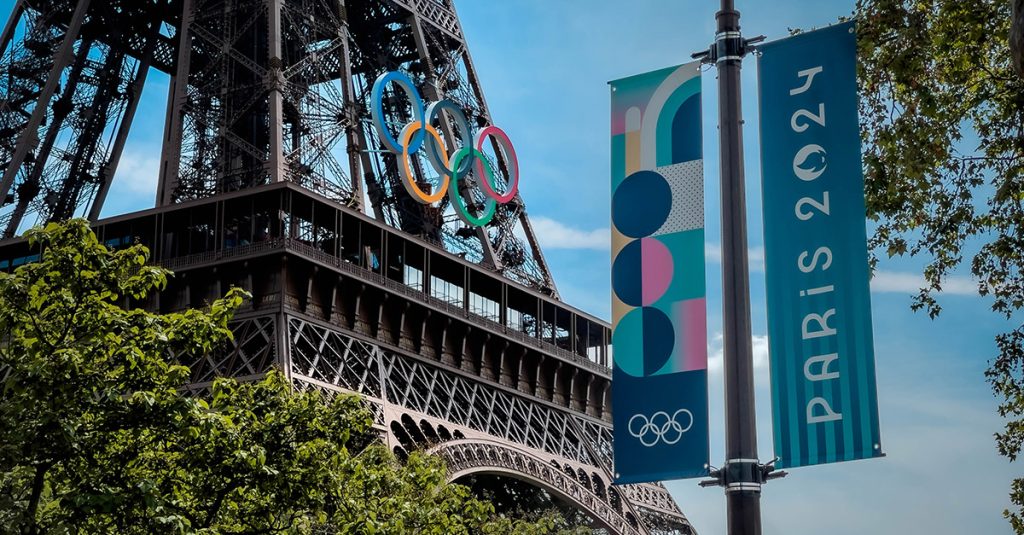The hosting of the Olympics raises questions about its true benefits for tourism and city economies.
- Economist Andrew Zimbalist questions the economic benefits cities gain from hosting the Olympics.
- Political motives and construction industry interests often drive cities to host these global events.
- Despite the hype, the long-term advantages of hosting the Olympics remain debatable.
- Zimbalist highlights the significant financial, social, and environmental costs involved.
The subject of whether the Olympics serve as a boon or a burden for host cities is contentious. Andrew Zimbalist, an esteemed economist, questions the rationale behind cities’ fervent pursuit to host such events. He suggests that political motives, aiming for national and international recognition, often overshadow economic common sense.
According to Zimbalist, the political drive to host the Olympics is fuelled by the construction industry’s influence, which is a major player in urban economies. Construction projects associated with the Olympics provide substantial funding avenues for political interests. This might explain why cities relentlessly bid for the chance to host these costly spectacles.
Though there can be residual benefits, such as investments in infrastructure and transportation, Zimbalist argues these do not always justify the immense expenditure involved. The enhancement of public facilities is occasionally achieved, but often at the expense of underfunded local projects that might have delivered more tangible community benefits.
The promise of economic upliftment and increased tourism is frequently exaggerated. Zimbalist points out the empirical void in claims that hosting the Olympics boosts tourism or trade significantly. For example, despite the International Olympic Committee’s assertions, he remains sceptical of the touted economic benefits.
While enthusiasm surrounding the events can invigorate local spirit temporarily, Zimbalist believes this is fleeting. The use of Olympic facilities post-event remains problematic, as they might become costly to maintain or are utilised ineffectively, taking up valuable urban space.
Zimbalist uses the example of the 1984 Los Angeles Olympics, which made a modest profit, to illustrate rare cases of financial success. However, such outcomes are exceptional and not easily replicated, especially given the soaring security costs these days.
He also mentions concerns over environmental impacts, pointing to the considerable carbon footprint of the Olympics. Zimbalist proposes the possibility of a permanent location for the Games to mitigate such impacts, though he acknowledges this is unlikely to meet with support from the International Olympic Committee.
The analysis suggests that the decision to host the Olympics is not always driven by a desire to achieve community benefits; instead, it is often tied to career-driven political agendas and economic priorities of influential industries.
Andrew Zimbalist’s analysis prompts a reevaluation of the assumed economic and social benefits of hosting the Olympics.

